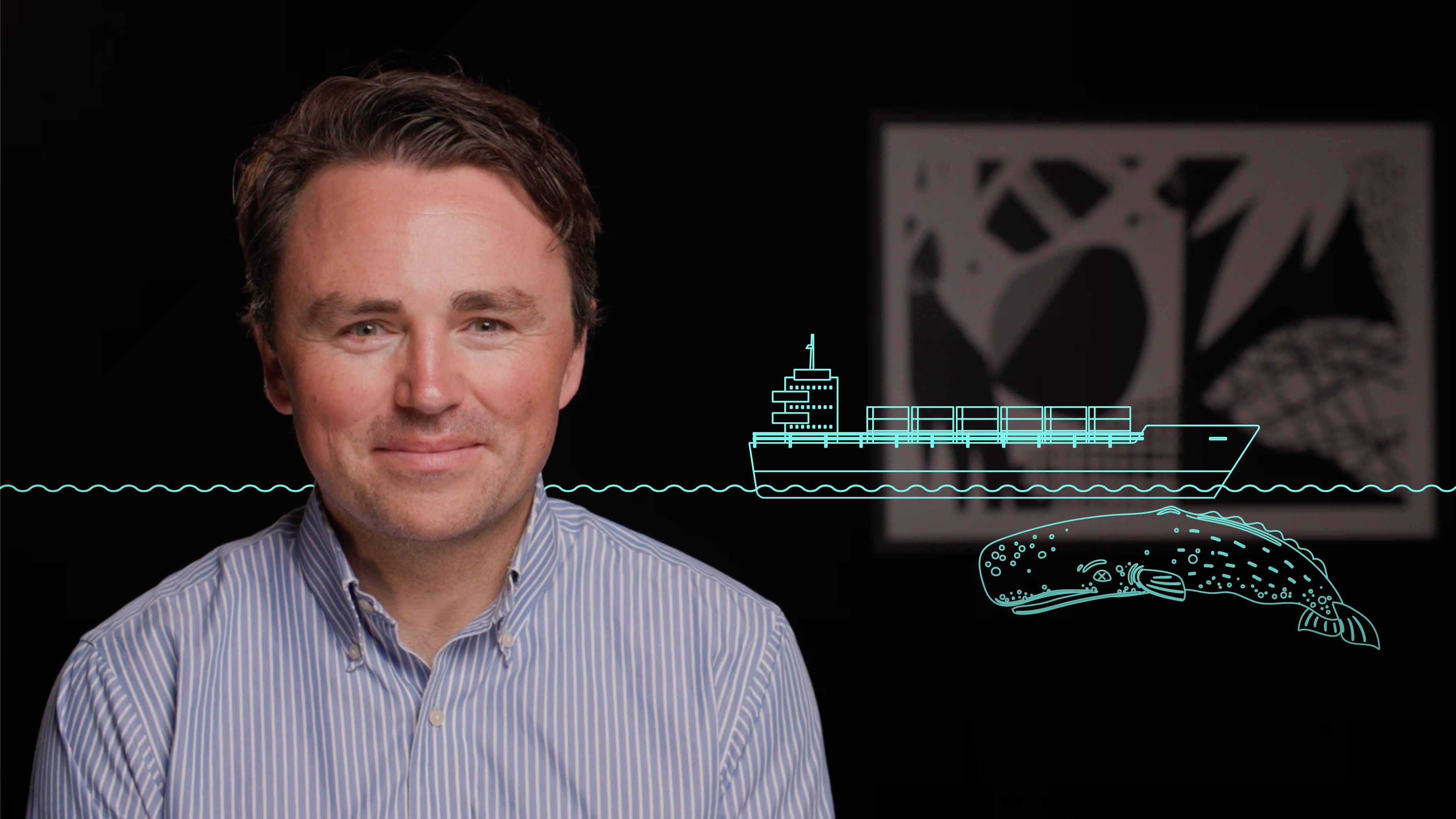
The Transition Challenge for Other Blue Economies

Vincent Kneefel
15 years: Ocean conservationist
Aside from fishing, what are the other key blue economies? To start, offshore energy, shipping and tourism. Join Vincent Kneefel as he explores the benefits and drawbacks of each industry.
Aside from fishing, what are the other key blue economies? To start, offshore energy, shipping and tourism. Join Vincent Kneefel as he explores the benefits and drawbacks of each industry.
Subscribe to watch
Access this and all of the content on our platform by signing up for a 7-day free trial.

The Transition Challenge for Other Blue Economies
12 mins
Key learning objectives:
Identify 3 key blue economies
Outline the benefits and drawbacks of each
Overview:
The first key blue economy is the global offshore wind market. It grew nearly 30% per year in the last decade and is projected to expand strongly in the coming decades into a $1 trillion USD industry. However, the downsides include damage to marine ecosystems, bird collision, habitat displacement and underwater noise. The second key blue economy is shipping. Sea transport is the cheapest way of sending products in large quantities over a long distance, with over 70% of world trade is carried out by ships and the demand is projected to grow by 39% until 2050. However the drawbacks are huge, including: oil spills, pollutants, air emissions, ship strikes, underwater noise pollution, invasive species and habitat destruction. The last key economy is tourism. Over 350 million people travel to the world’s coral reef coasts each year, generating over $36 billion in economic revenue globally each year. However, the downsides include companies who abuse the concept of eco-tourism in order to take advantage of the wealth generated.
Subscribe to watch
Access this and all of the content on our platform by signing up for a 7-day free trial.
What are the benefits and drawbacks of offshore energy?
Offshore renewable energy refers to the generation of electricity from ocean-based resources. These include wind turbines located offshore in our oceans and marine energy sources including waves, tides, and salinity and thermal properties. The global offshore wind market grew nearly 30% per year in the last decade, benefitting from rapid technology improvements. Offshore wind is projected to expand strongly in the coming decades into a $1 trillion USD industry. It has the potential to generate more than 420,000 terawatt-hours (TWh) per year worldwide. This is more than 18 times the total global electricity demand today. Currently, offshore wind generation remains at 1% of overall world electricity generation.
Offshore wind farm development is not without its potential downsides. Significant growth in this area has led to concern about the negative impacts on marine ecosystems and seabirds, collision, habitat displacement, exposure to electromagnetic fields and underwater noise. Though there have been cost improvements over the years, offshore wind turbines are still higher cost than onshore wind turbines.
What are the benefits and drawbacks of shipping?
Sea transport is the cheapest way of sending products in large quantities over a long distance. Even today, over 70% of world trade is carried out by ships and the demand for seaborne trade is projected to grow by 39% until 2050.
However, while the benefits of shipping (namely, convenience) are huge, so are the drawbacks. Some of the biggest risks and impacts from shipping on the ocean include: oil spills, pollutants, air emissions, ship strikes, underwater noise pollution, invasive species and habitat destruction.
What are the benefits and drawbacks of tourism?
Over 350 million people travel to the world’s coral reef coasts each year. Marine tourism supports local jobs, such as surf instructors and dive guides, as well as generating visitor spending at nearby hotels, restaurants, and other establishments. Marine tourism fees can subsidise conservation and help fund marine protected areas. Coral reef tourism alone generates over $36 billion in economic revenue globally each year.
Although the overall concept and intent of eco-tourism is positive, the industry is not without its critics. This is largely due to companies who abuse the concept of eco-tourism in order to take advantage of the wealth generated by global interest (not dissimilar from the way certain companies greenwash their business practices to benefit from the improved public image). However, if it helps to safeguard the wealth that it produces, then tourism can have a real positive impact on our oceans.
Subscribe to watch
Access this and all of the content on our platform by signing up for a 7-day free trial.

Vincent Kneefel
There are no available Videos from "Vincent Kneefel"





























